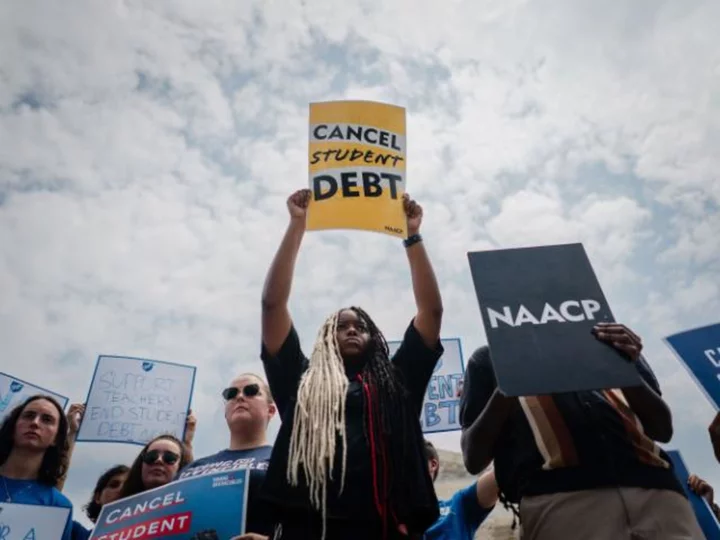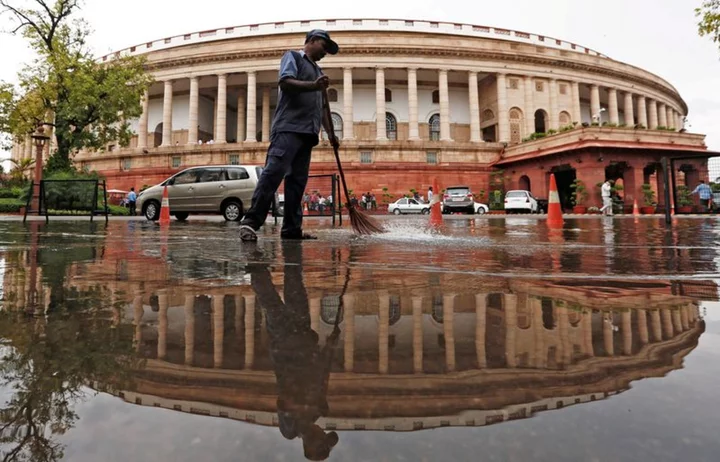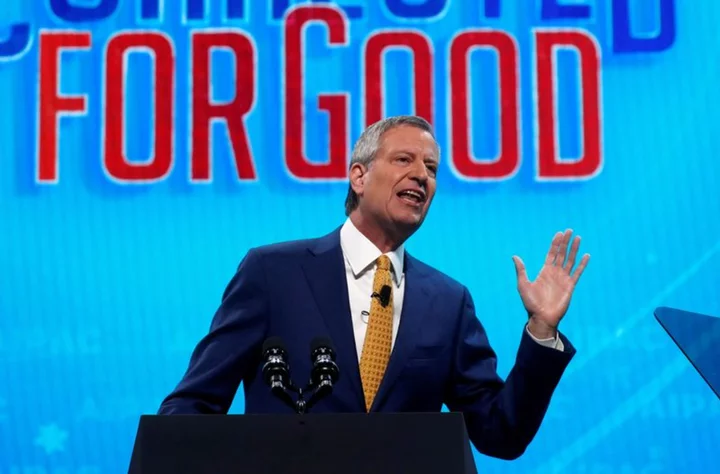The Supreme Court handed down several key rulings this past week that dismayed liberals. Chief among them was the court's decision to disallow colleges and universities from using race or ethnicity as a specific factor in admissions. The court also found that President Joe Biden's student debt forgiveness plan was unconstitutional.
Unlike last year, when the Supreme Court greatly upset liberals by overturning Roe v. Wade, this year's big rulings by the justices are unlikely to spark a major backlash from the public at large.
This is well reflected in the public polling. Roe v. Wade, the 1973 decision that legalized abortion nationwide, had become massively popular.
Right before the decision to overturn Roe leaked in May 2022, a Fox News poll found that 63% of registered voters were opposed to such a move while 27% supported it. An ABC News/Washington Post poll put the split at 54% wanting the court to uphold Roe and 28% wanting the decision overturned.
This majority of Americans who wanted abortion to be legal nationally have maintained their stance since the Supreme Court officially struck down Roe in June 2022. Since that time, abortion supporters have won every related measure placed on the ballot across the country -- from deep-blue states like California to ruby-red ones like Kentucky.
California is an important state to note because voters there faced a 2020 ballot measure to consider the use of race, sex or ethnicity in government institutions (such as education). A clear majority, 57%, voted against allowing state and local entities to consider such factors in public education, employment and contracting decisions.
When a state that voted for Biden by nearly 30 points is against affirmative action, it shouldn't be surprising that the nation as a whole is.
A Pew Research Center poll released last month found that 50% of Americans disapproved of certain colleges and universities taking race and ethnicity into account in admissions decisions to increase diversity. Only 33% approved of the practice.
This Pew poll is no outlier. Some polling has shown even more opposition: 70% of Americans in a recent CBS News/YouGov survey indicated that the Supreme Court should not allow colleges to consider race and ethnicity in admissions.
But perhaps what's most interesting isn't how many people are for or against considering race in college admissions. Rather, it's how many people simply didn't care enough to pay close attention to the affirmative action case before the Supreme Court.
When explicitly given the option, a majority (55%) said in a May Marquette University Law School poll that they hadn't heard enough to form an opinion about the case. (Those who had heard enough were against allowing colleges to use race in admissions.)
This is quite different from March 2022, when just 30% of Americans hadn't heard enough to form an opinion about the court potentially overturning Roe v. Wade, when asked the same question by Marquette but about the abortion case. (A plurality of those who had heard enough didn't want the court to overturn Roe.)
It's hard for an issue to galvanize voters when they aren't paying attention to it.
The same holds true for Biden's student loan forgiveness plan that the court blocked. A USA Today/Ipsos poll from April indicated that 52% of Americans were familiar with the case and a mere 16% were very familiar with it. (Those who had student loans were more familiar at 71%, though that's a fairly low percentage for something that could affect them directly.)
Possibly because of that low familiarity, the percentage of Americans who favor or oppose canceling certain student debt differs greatly depending on how the question is worded. When Marquette didn't mention Biden or the government specifically in its May poll, a majority (63%) said they favored forgiveness of up to $20,000. It was a much lower 47% in the Ipsos poll.
Surveys that did identify the proposal as Biden's plan tend to be in the same ballpark, with a split public and a sizable percentage unsure.
An NBC News poll from last year showed that 43% said Biden's plan was a good idea compared with 44%, who said it was a bad idea. Just over 10% had no opinion.
Ipsos' survey found that 43% of Americans wanted the Supreme Court to allow the government's student loan forgiveness plan to move forward, while 40% did not. Another 17% had no opinion.
(I should point out that those with student debt were more likely to want government forgiveness in all these surveys, though about 80% of Americans don't have student loan debt.)
The polling on Roe v. Wade didn't look anything like this last year. There were no close splits in opinion. People were consistently against overturning Roe, and they cared a lot about it. This led to a historically strong performance for the party in the White House during the 2022 midterm elections and a major backlash against the Supreme Court.
The current polling on affirmative action in college admissions and Biden's student loan forgiveness plan suggests that court's opinions on those issues aren't likely to have a similar impact.









